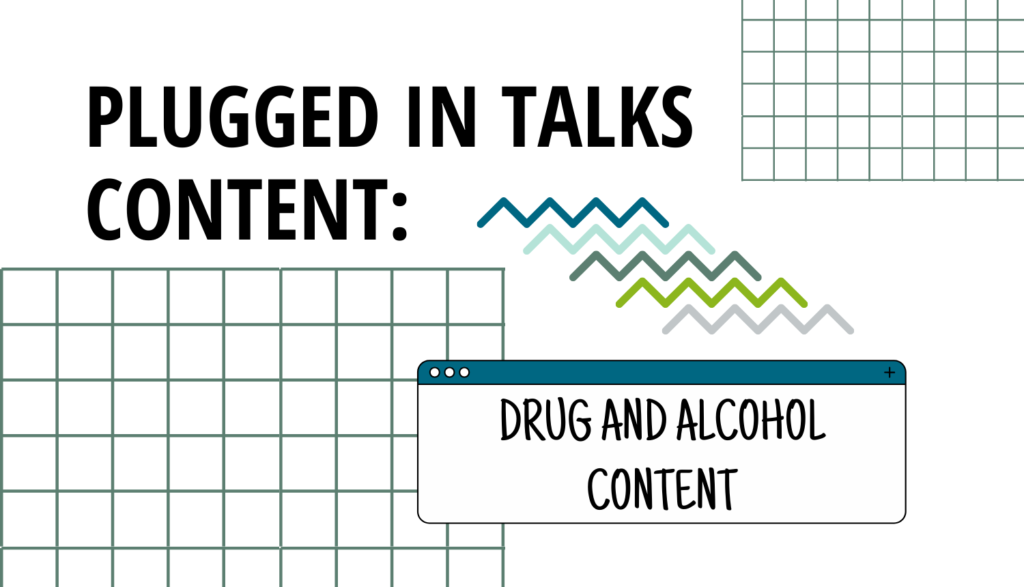Editor’s Note: Plugged In movie reviews are split into content sections, and sometimes we’re asked, Why? This series of blogs seeks answer that and many other questions. We’ll unpack each content section in turn and explain why we believe each is important. We’ll give you a peek at how we think and talk about movies—and in so doing, perhaps you’ll learn something about us, the movies we watch and maybe even how you watch them a little better yourself.
Our fourth post in this series is about Drugs and Alcohol Content. (See previous post on Crude or Profane Language here.)
Why does Plugged In cover the use and discussion of drugs and alcohol in films?
Well, let’s start with the most obvious reason: You don’t want your kids imitating what they see on screens.
Seriously, though. Say your teenager is watching a TV show such as Boy Meets World (I know it’s from the 90s, but bear with me for this example). Cory is a good kid. He always does the right thing. But when his best friend (and notorious “bad boy”) Shawn pressures Cory to drink, he gives in even though he knows it’s wrong.
Now, luckily, Cory’s dad finds out and corrects his behavior. And thanks to his dad’s intermission, Cory is later able to speak to Shawn about his abuse of the substance.
There’s a couple of things to pay attention to here: First, kids and teens—like Cory—have plenty of influences in their lives, and their biggest influences are often their friends. But movies and TV shows can be very influential, too. And in a way, they can have the same sort of influence as your kids’ friends—telling them what’s normal, telling them what’s fun. And that can be problematic.
In that Boy Meets World example, Cory’s TV dad reinforces the idea that underage drinking is bad—and because it does, the show itself serves as a positive influence on those watching.
But these days, there’s a plethora of movies and shows out there now that portray—nay, glorify underage drinking and drug use. And these stories—while not as influential as your kids’ peers—can slowly undercut the messages you’ve tried so hard to teach. The more they see teens in movies drink at parties, the more “normal” it looks. And teens can start to wonder, am I the only one not drinking?
However, the need to identify alcohol and drug use in entertainment goes beyond kids emulating their favorite characters.
Sometimes we need to identify this behavior for the adults in the room.
Someone who has struggled with drug abuse in the past may not wish to watch a film like Nightmare Alley, where addicts aren’t just mocked but created when people secretly slip opioids into their drinks.
A parent who has lost a child to a drug overdose—even if that child was an adult when it happened—could struggle watching a film that discusses this topic.
Similarly, the children of alcoholics (both grown and adolescents alike) may not be ready to watch a movie like Saving Mr. Banks since it depicts a man repeatedly falling off the wagon and even making his daughter codependent in his abuse by asking her to purchase booze for him.
On the flip side, we also like to point out when drug or alcohol abuse is addressed for what it is. In the Christian film, Overcomer, Hannah’s father admits he was a drug addict. But he also explains how his salvation in Christ saved him from that lifestyle.
So you see, there are many reasons why this type of content needs to be addressed in our reviews. The Bible tells us not to get drunk with wine but to be filled with the Holy Spirit (Ephesians 5:18). So when it comes up in movies or television shows, it’s important for families to be aware of how that content is addressed so they won’t be subjected to potential triggers or the glorification of sin.
Tomorrow, we’ll be diving into our review’s oddest catch-all section: Other Negative Content.







Recent Comments